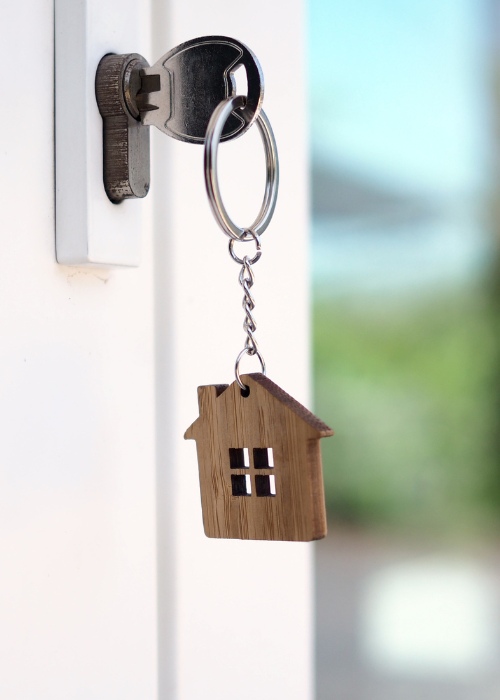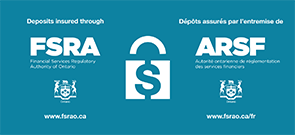What is an FHSA?
The First Home Savings Account (FHSA) is a revolutionary financial product tailored for Canadians seeking to embark on their homeownership journey. It seamlessly combines the benefits of Tax-Free Savings Accounts (TFSA) and Registered Retirement Savings Plans (RRSP), providing a unique avenue for prospective first-time homebuyers to save for a down payment.








